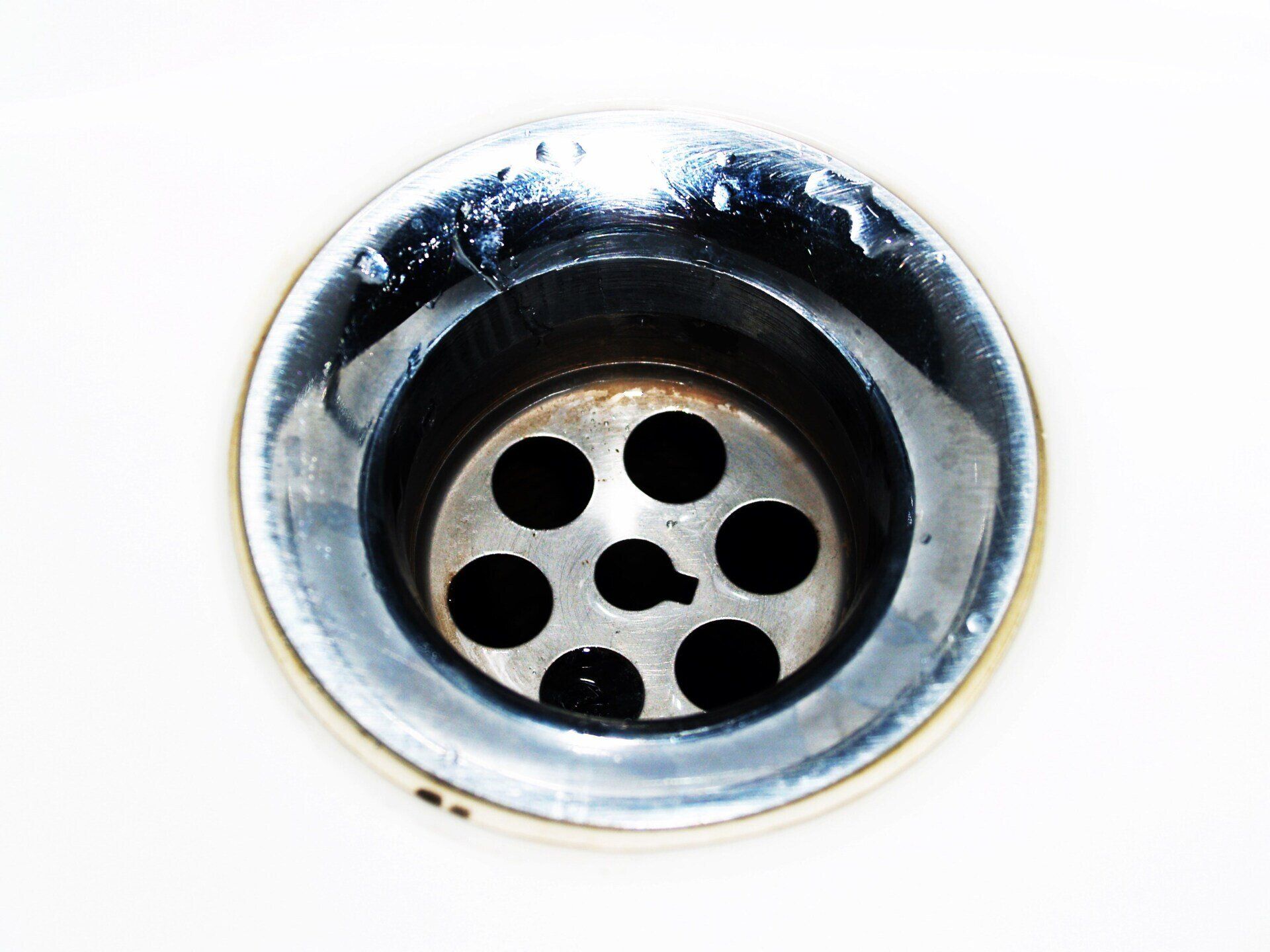Tips for Understanding Your Home's Plumbing
Many of us tend to overlook the plumbing in our homes when everything is functioning properly. Yet, having a fundamental grasp of your plumbing system can assist you in troubleshooting and potentially preventing damage, including water damage, when emergencies arise.
Know Your Water Main Shut-Off: Familiarize yourself with the location of your home's water main (stop tap). Being able to quickly turn off the water supply can prevent extensive water damage in case of leaks.
Locate Individual Appliance Cut-Off Valves: Find the small handles on appliances such as dishwashers, washing machines, and toilets to shut off their water supply individually if needed. These handles are typically located behind the appliances, close to the wall.
Understand Your Boiler: Identify the shut-off valves for water, electricity, and gas on your boiler. Knowing how to turn these off can help in emergencies and routine maintenance.
Use Natural Solutions for Sink Clogs: Instead of traditional drain cleaners, try a natural solution of equal parts vinegar and baking soda to unclog slow-draining sinks. Pour the mixture slowly down the drain to break up blockages effectively.
With these tips, you can better manage your home's plumbing system and handle potential issues with confidence.
You might also like


